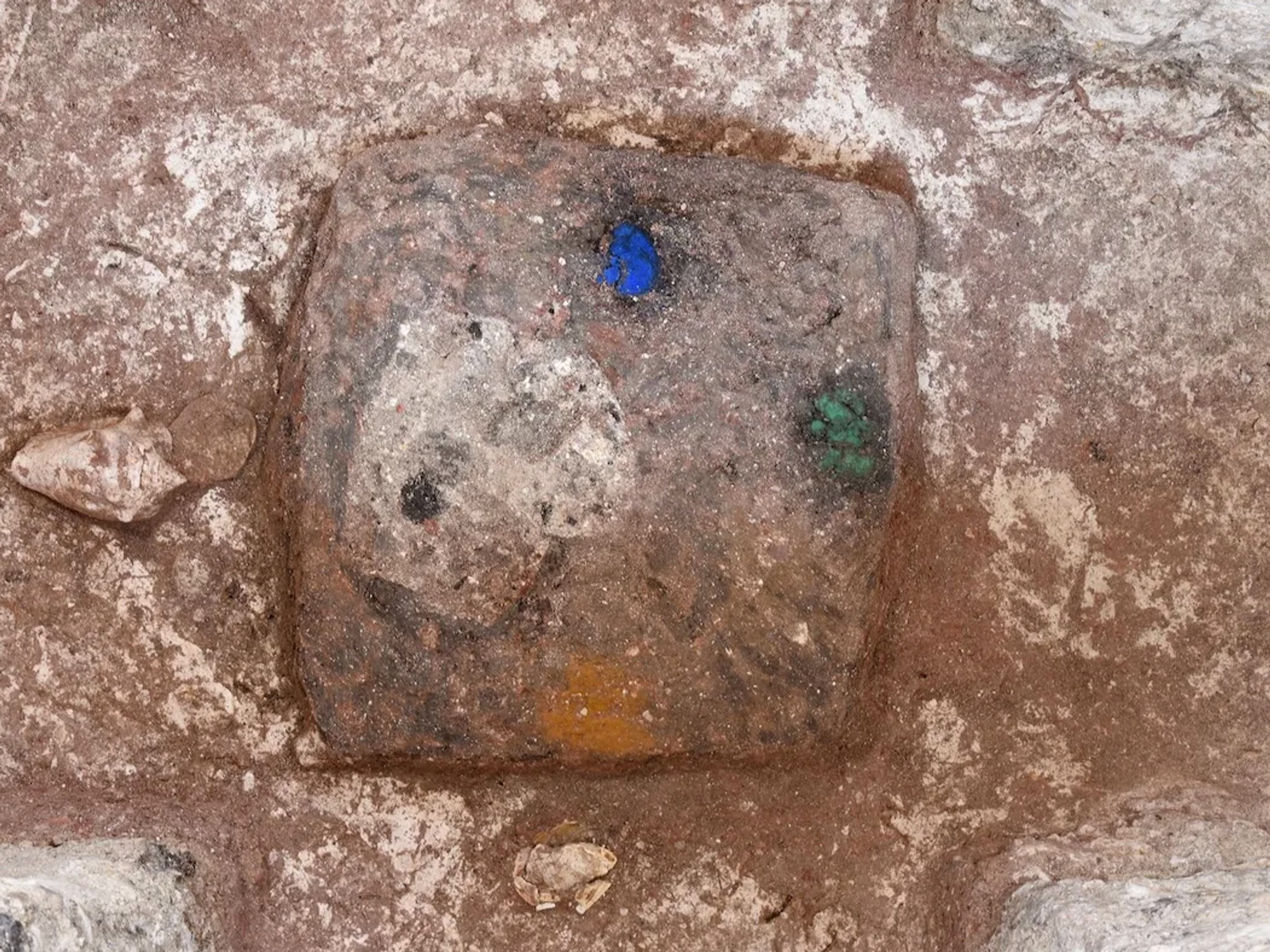Fraudsters stole £6.5bn from taxpayers via Rishi Sunak's Covid support schemes
Rishi Sunak said the government was set to only recover '£1bn to £2bn' of the public's cash that was lost to fraud from Covid support schemes.
Don't Miss
Most Read
Latest
Fraudsters drained an incredible £6.5bn of taxpayers' cash from the public as part of Covid schemes - the amount so Brits could have had £370 cut from their income tax next year.
Shadow Chancellor Rachel Reeves blamed the Government for causing a "huge waste" of public money with pandemic support schemes and said basic checks could have stopped the huge losses.
Covid support schemes, including the Coronavirus Business Interruption Loan Scheme (CBILS) and Bounce Back Loans, have seen the Government guarantee almost £80bn of loans and grants. A vast majority of the money has made it to firms who were struggling with lockdown restrictions when Covid hit.
But the Government's own accounts show £6.5bn has been written off beacuse of fraud.
Mr Sunak said the government was set to recover "£1bn to £2bn" of the cash.
Rachel Reeves said the "incompetent" Chancellor's "hallmark" had been waste. She also said: "Can the Chancellor explain why quick electronic checks – such as cross-referencing with HMRC tax return data – were not conducted before money was handed out?
"And given this huge waste of taxpayers money, can the Chancellor confirm that he will be the first to be hauled in front of his own 'star chamber'?"
Mr Sunak claimed in the Commons that the loss by fraud had been cut by a third to around £4bn and he was "absolutely committed" to tackling fraud.
This fraud crisis comes as an emergency support scheme for small businesses in Northern Ireland impacted by Covid may have paid out £13.5 million in grants to recipients who were not eligible, an audit office report has found.
Northern Ireland’s Auditor General Kieran Donnelly said that while £1.76 million of these payments under the Small Business Support Grant Scheme have been recovered, it is “not clear” how much of the money wrongly paid out will ever be recouped.
Mr Donnelly’s report said that payments are likely to have been made to businesses which did not suffer Covid-19 related hardship because no assessment of need had been undertaken.
Responding to the findings, the Department for the Economy insisted the scheme was an “emergency response to a crisis” and introduced at “extreme pace”. The department said that without the support many businesses may not have survived.











